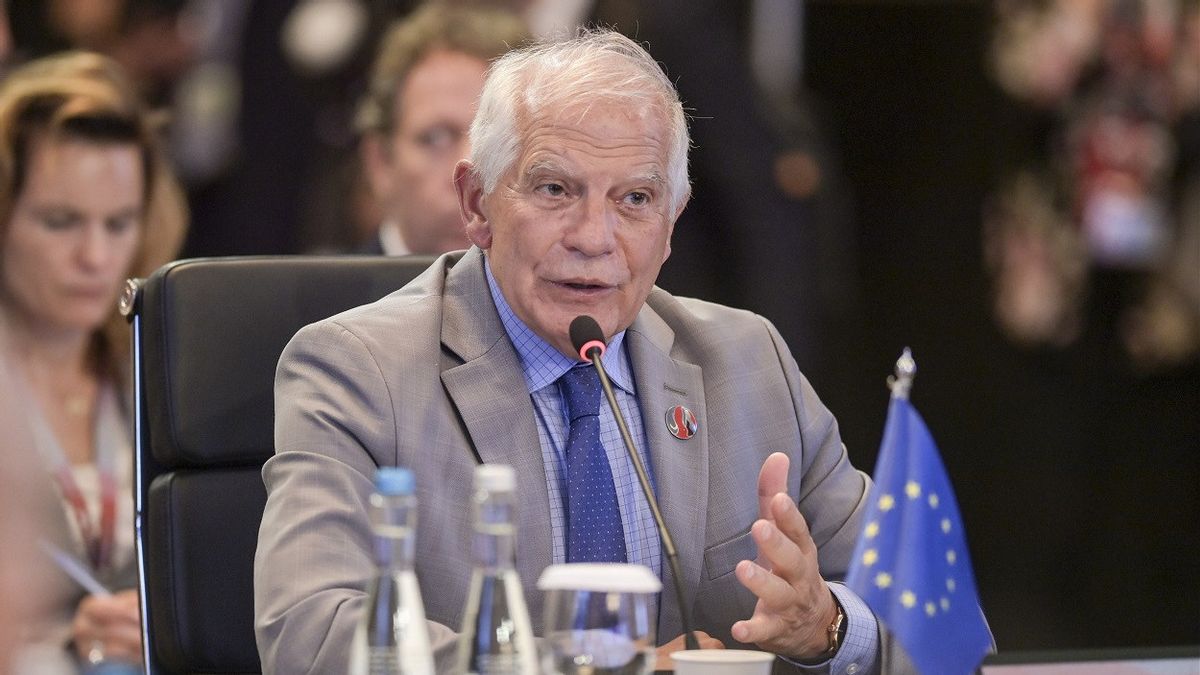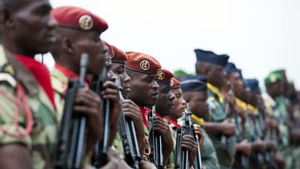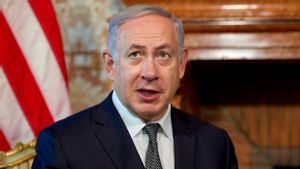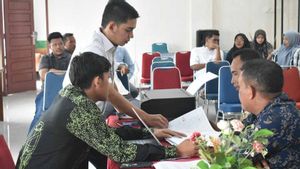JAKARTA - The European Union's foreign policy chief said the situation in Africa was of concern to the Blue Continent if the military coup in Gabon was confirmed, saying the situation in the country would be discussed by the bloc's defense minister.
A group of senior Gabon military officers appeared on national television on Wednesday morning, saying they had taken power after the country's general election announced President Ali Bongo had won a third term.
"If this is true, then this is another military coup that is increasing instability across the region," Borrell said, speaking at a meeting of EU defense ministers in Tokyo.
"The whole region, starting from the Central African Republic, then Mali, then Burkina Faso, now Niger, maybe Gabon, is in a very difficult situation and of course ministers must think deeply about what is happening there, how can we improve our policies with respect to these countries," he explained.
"This is a big problem for Europe," Borrell said.
Signs of a coup in Gabon emerged just weeks after the military in Niger seized power and founded the junta.
As previously reported, a number of senior military officers appearing on the television channel Gabon 24, said the election results were canceled, all borders were closed until further notice and state institutions were dissolved.
The soldiers introduced themselves as members of the Institution Transition and Recovery Committee. The state institutions they declared were disbanded, including the government, senate, national assembly, constitutional courts and electoral institutions.
"On behalf of the Gabon people, we decided to maintain peace by ending the current ruling regime," the officers said in a statement.
The officers said they represented all security and defense forces in the Central African country.
SEE ALSO:
Tensions escalated in Gabon amid fears of unrest following Saturday's presidential, parliamentary and legislative elections, which saw Bongo seek to extend the rule of his family which has lasted for 56 years.
Meanwhile, the opposition Gabon is pushing for changes in countries rich in oil and cocoa but poor and often hit by the disaster.
The lack of international monitoring, suspension of several overseas broadcasts, and the government's decision to cut internet services and impose national curfews after the election, have raised concerns about the transparency of the electoral process.
The English, Chinese, Japanese, Arabic, and French versions are automatically generated by the AI. So there may still be inaccuracies in translating, please always see Indonesian as our main language. (system supported by DigitalSiber.id)


















